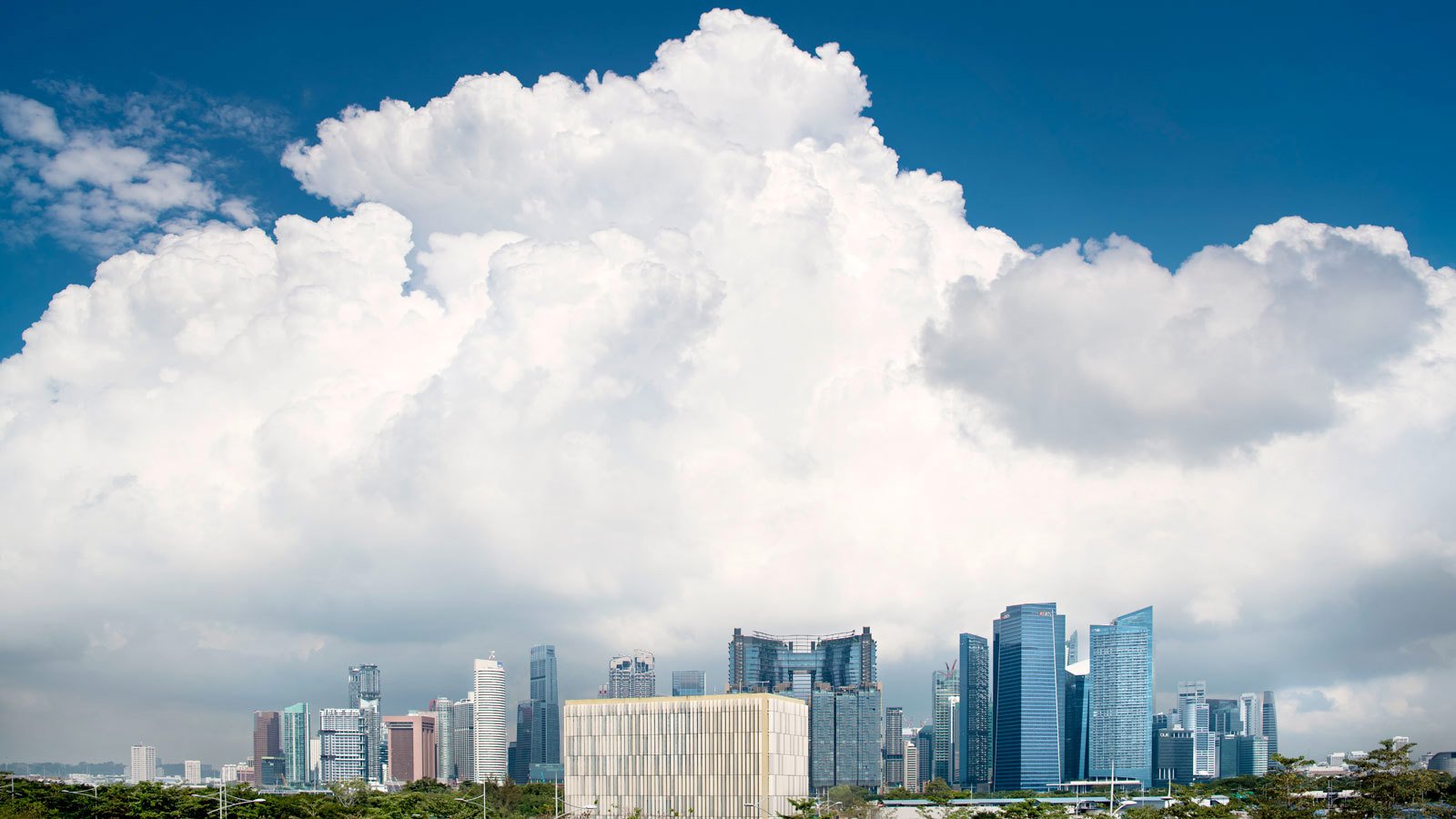
Our approach
Ship management
Ship management provides full technical management, crewing and related services for all major vessel types, and as such is in a good position to influence compliant, sensible, safe and environmentally sound operations for vessel owners. To provide value to customers and reduce environmental impact, ship management’s goal is to reduce fuel consumption in the managed fleet by 1% compared to the established baseline every year. This is an ongoing target to work with customer to manage fuel-efficient operations; careful planning and execution of voyages; consideration of weather routing on specific voyages; speed optimisation; and optimised ship handling (optimum trim for reducing resistance, ballast adjustment to obtain optimum trim, propeller immersion, use of autopilots for reducing the distance sailed ‘off track’).
Data collection for the EU MRV (Monitoring, reporting and verification) regulation for CO2 emissions began in 2018. Ship management had been preparing for this implementation since 2015 and was able to implement appropriate measures and systems to ensure accuracy, enforceability and transparency in the CO2 emission data verification process.
In addition, work was complete to comply with IMO Data Collection System approval for all vessels, which entered into force 31 December 2018. The requirement is for vessels to have an approved plan for fuel consumption data collection system from 1st January 2019 for submission to IMO.
In 2018, Ship management was one of the first in the industry to have its Polar Water Operation Manual (PWOM) approved. The Polar Code entered into force from 1 January 2017 and affects operators in these areas.
Ships service
Wilhelmsen Chemicals in Norway, a 12 000m2 production facility with chemical tanks, storage facilities and a deep-water quay. The site does not produce chemicals, but rather brings in different components and mixes it to become products distributed nationally in Norway and globally through the ships service network. The operation is certified according to the ISO14001 standard and has focus on utilising chemical components that are less harmful to the environment, employees and customers.
A new bio oil heating system was implemented at the site in 2018 to reduce the environmental impact of it’s operations. Two projects are still in the planning phase. One to implement a modernised and extended tank farm, which will have an impact on both the raw material costs as well as the environment. The other related to plastic packaging and the use of recyclable materials.
NorSea Group
NorSea Group has 12 bases covering 2 471 000m2. When investing, developing and operate or infrastructure and buildings, our environmental aspects is always in focus. In addition, sites set environmental targets and improvement projects based on their individual site risk assessments. The operations are certified according to the ISO 14001 standard and focus areas include energy and emissions, waste and recycling, oil separators, tanks and chemical handling.
NorSea Group continues to implement onshore power initiatives with the aim to reduce air emissions from vessels calling in ports by 40 % within 3 years. 4 of the bases have now onshore power installed, where the last one opened in Stavanger, Dusavik in December 2018. In March 2019 the base in Stavanger, Tananger will be opened.
In addition, site / yard equipment machinery is replaced with newer tier 4 engines cutting NOx emissions with 75 % and CO 2 emissions with 10-15 %. The reduction of energy consumption is front of mind when making new purchases and upgrades on infrastructure.
Plastic in vessel operations project
Plastic pollution is a clear and present threat to ocean health, and by extension to human health. In 2018, we conducted a study to explore the plastic footprint of vessel operations and opportunities available to reduce it. The study revealed three quick wins that can be implemented by the vessel operator and three more systemic initiatives that involved several players in the maritime sector. Ship management will implement procurement initiatives on behalf of a vessel operator and the findings will be made publicly available in 2019.